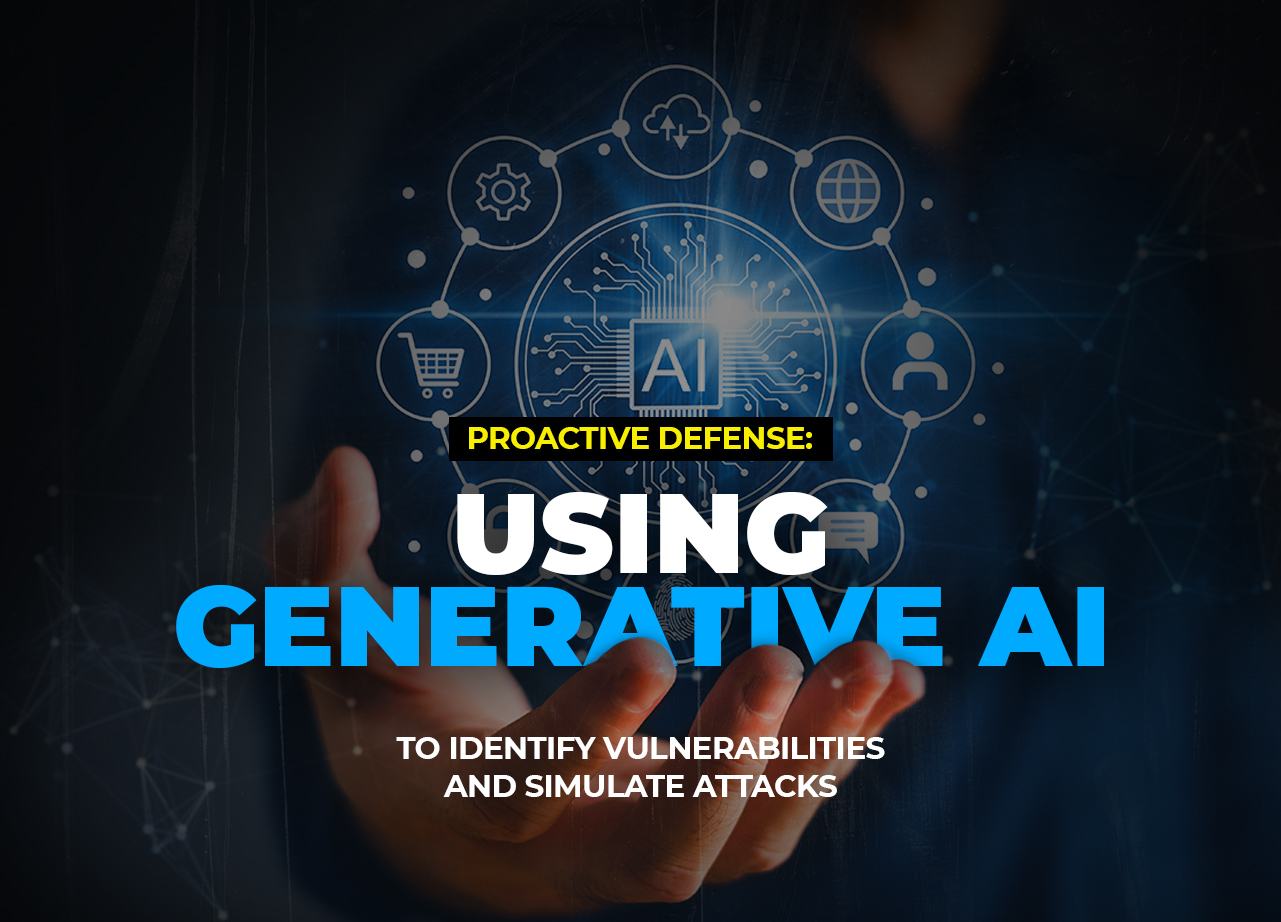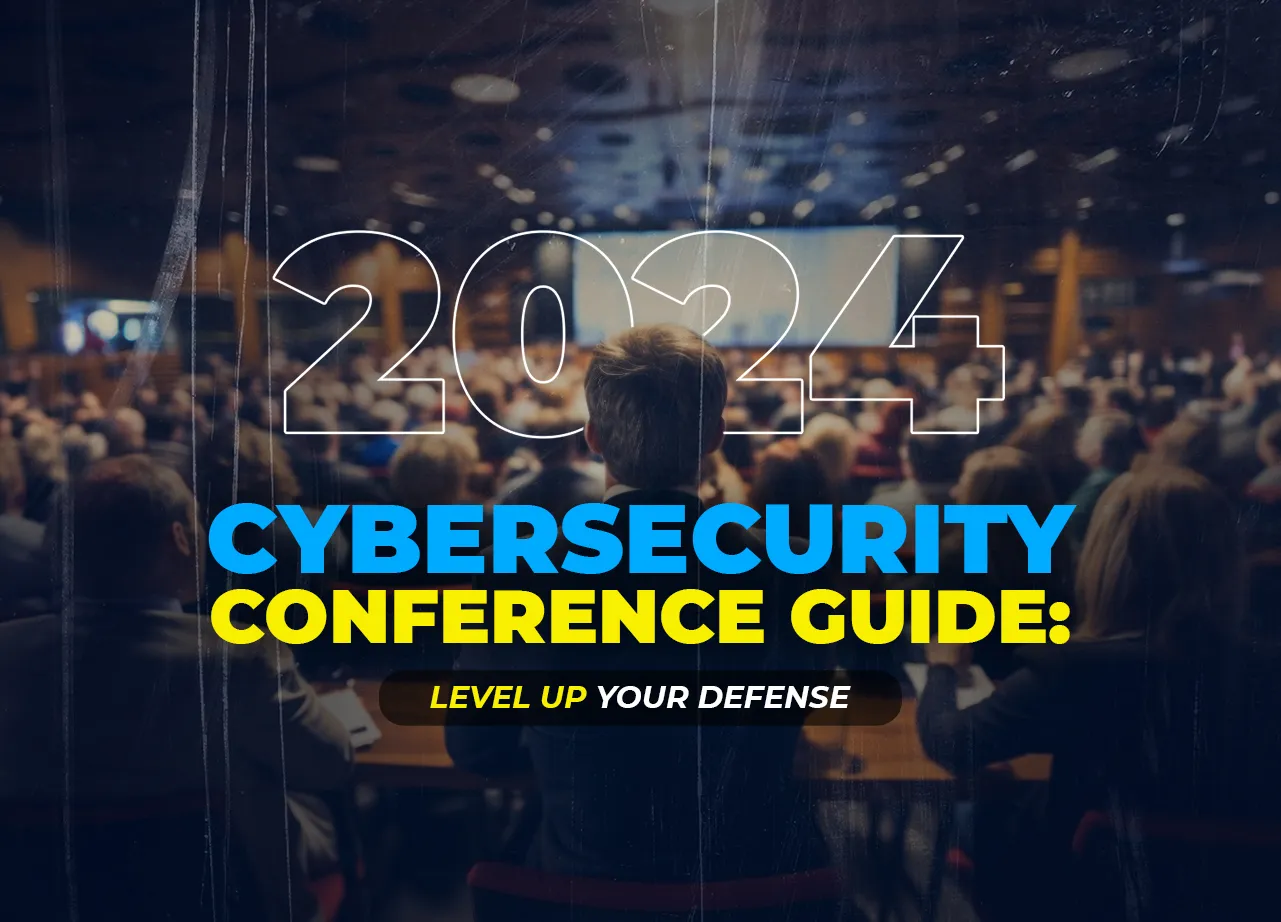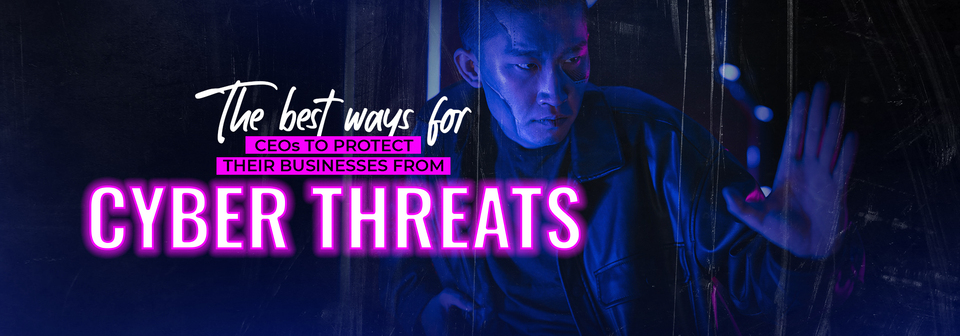
Cybersecurity threats are a constant concern for organizations of all sizes and industries. With the increasing sophistication of Cybercriminals and the ever-evolving threat landscape, CEOs must take proactive steps to protect their organization’s sensitive information and assets from cyber threats.
As the leader of an organization, the CEO plays a critical role in ensuring that the company is well-prepared to defend against cyber attacks. This involves prioritizing cybersecurity as a top business concern, investing in cybersecurity technology and resources, educating employees on proper cybersecurity practices, developing an incident response plan, staying up-to-date on emerging threats, and engaging with stakeholders on cybersecurity matters.
PeoplActive is an ISO 27001:2013 certified leading tech hiring platform. By utilizing an exclusive network of 4000+ Silicon Valley calibre tech talent specialized in 100+ in-demand IT skills, it was pretty easy for businesses to hire game-changing engineers and developers in just 48 hours. So, if you want to accelerate your business, schedule a quick call with our experts now.
In this blog post, we will delve deeper into these strategies and explore how CEOs can effectively deal with cybersecurity in their organizations.
Table of Contents
ToggleDevelop a Cybersecurity Strategy
The first step in protecting your business from cyber threats is to develop a comprehensive cybersecurity strategy. This strategy should include an assessment of your current cybersecurity posture, identify potential vulnerabilities, and outline a plan to mitigate these risks. It should also include employee training and awareness programs to help your staff recognize and respond to cyber threats.
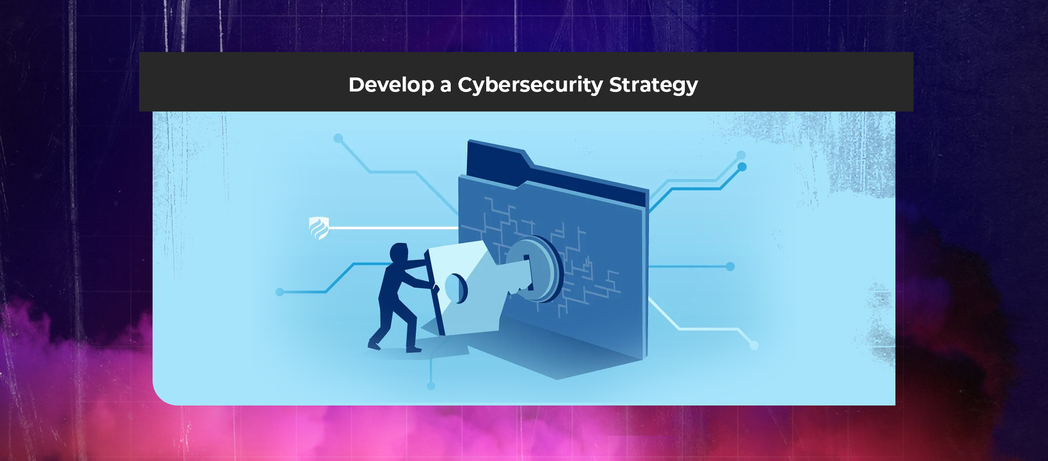
Implement Strong Password Policies
Passwords are often the first line of defense against cyber threats. Implementing strong password policies can help to prevent unauthorized access to your company’s systems and data. Password policies should require employees to use complex passwords, change them regularly, and avoid using the same password for multiple accounts.
Use Multi-Factor Authentication
Multi-factor authentication (MFA) provides an additional layer of security by requiring users to provide two or more forms of authentication to access company systems or data. MFA can include something the user knows, such as a password, something the user has, such as a security token or smart card, or something the user is, such as biometric authentication.
Also Read: ZERO TRUST SECURITY : A New Perspective on Cybersecurity
YOU HAVE DATA WE HAVE A WAY TO PROTECT DATA
Regularly Update and Patch Software
Software vulnerabilities are a common entry point for cyber attacks. Regularly updating and patching software can help to prevent cyber criminals from exploiting these vulnerabilities. This includes operating systems, applications, and any other software used by your company.
Implement Network Segmentation
Network segmentation involves dividing your company’s network into smaller segments, each with its security controls. This can help to prevent cyber threats from spreading throughout the network if a breach does occur. It also helps to limit the damage that can be caused by a successful cyber attack.
Conduct Regular Security Audits
Regular security audits can help to identify potential vulnerabilities and areas for improvement in your company’s cybersecurity posture. Audits should include an assessment of your company’s policies, procedures, and technical controls.
Hire a Cybersecurity Expert
Hiring a Cybersecurity expert can help to ensure that your company’s cybersecurity strategy is up-to-date and effective. Cybersecurity experts can guide best practices, help to identify potential vulnerabilities and assist with the implementation of security controls.
Also Read: An overview of Cybersecurity Issues faced by the Fintech Industry
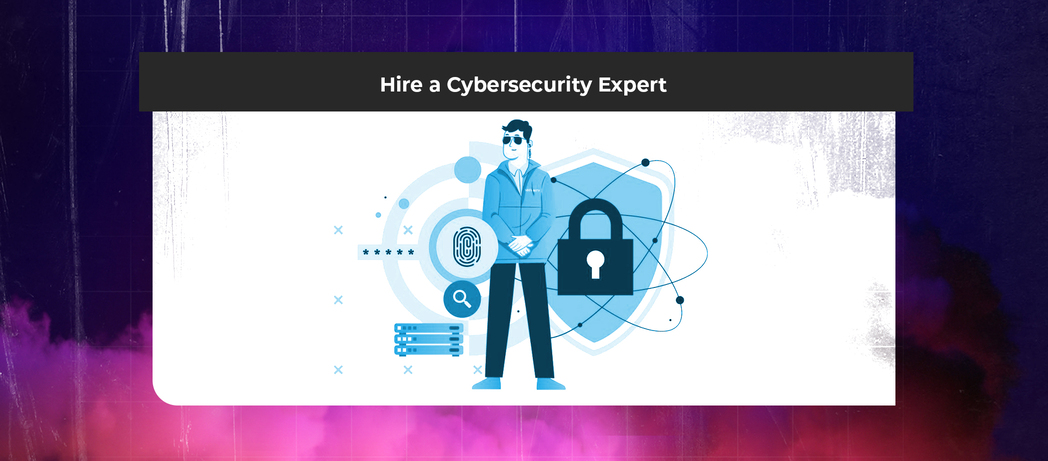
Final Thoughts
Cybersecurity has become a critical aspect of running a business in today’s digital age. As cyber threats continue to evolve and become increasingly sophisticated, CEOs must take an active role in protecting their businesses from potential security breaches. By following the best practices discussed in this blog, including educating employees about cybersecurity, implementing a comprehensive cybersecurity plan, and regularly reviewing and updating security measures, CEOs can enhance their company’s cybersecurity posture and minimize the risk of a potential data breach. It’s important to remember that cybersecurity is an ongoing process that requires regular attention and investment. As new threats emerge, CEOs must remain vigilant and proactive in their approach to cybersecurity. By prioritizing cybersecurity and making it a top concern for their businesses, CEOs can protect their company’s sensitive data and maintain the trust of their customers and stakeholders. Ultimately, by implementing strong cybersecurity measures, CEOs can ensure the long-term success and stability of their businesses in today’s increasingly digital and interconnected world.
If you’re looking for expert guidance on how to enhance your company’s cybersecurity posture, look no further. Our team of cybersecurity consultants is here to help you navigate the complex landscape of cyber threats and develop a comprehensive cybersecurity plan tailored to your business’s specific needs. We can provide a range of services, from vulnerability assessments and penetration testing to employee training and incident response planning. Our goal is to empower you to protect your business from potential security breaches and ensure the safety of your sensitive data.
Contact us today to learn more about our cybersecurity consulting services and how we can help you stay ahead of the evolving threat landscape.
Hire Top 5% Cyber Security Experts You IT Team Needs
